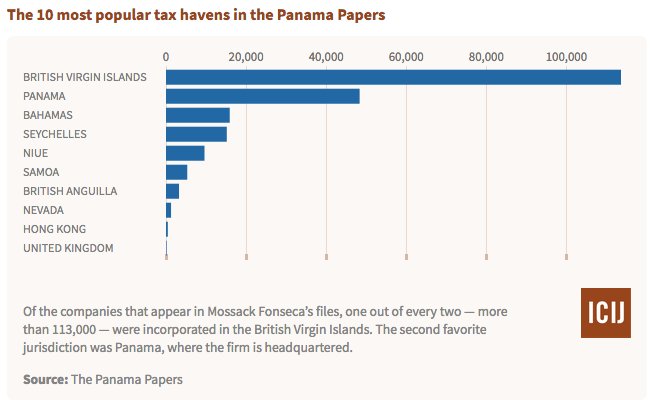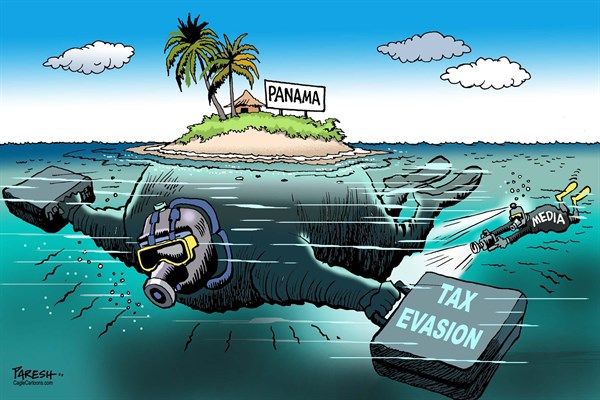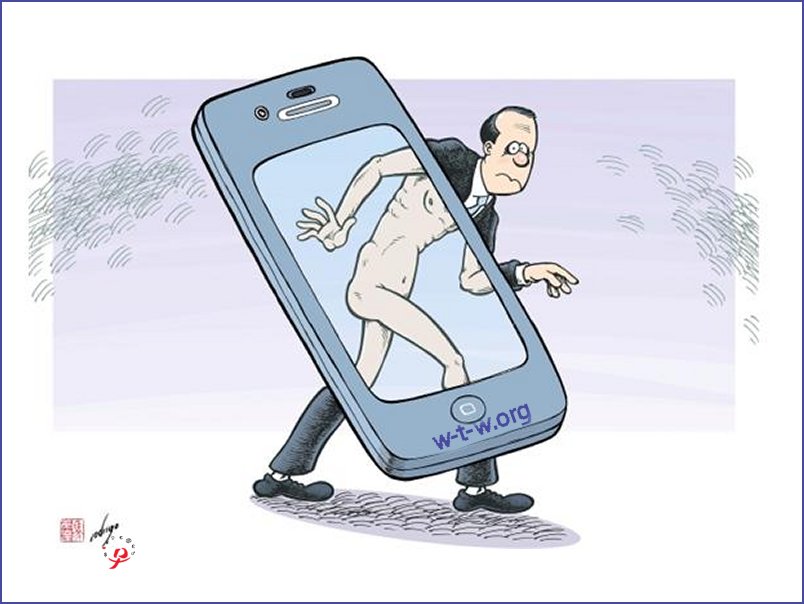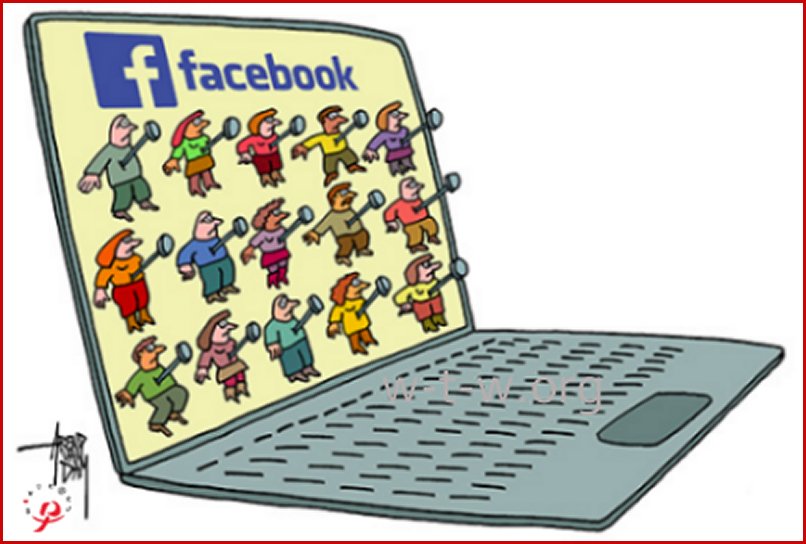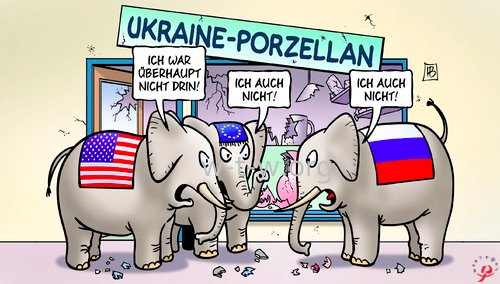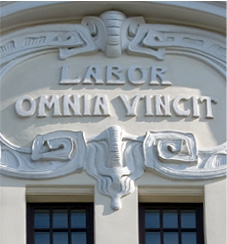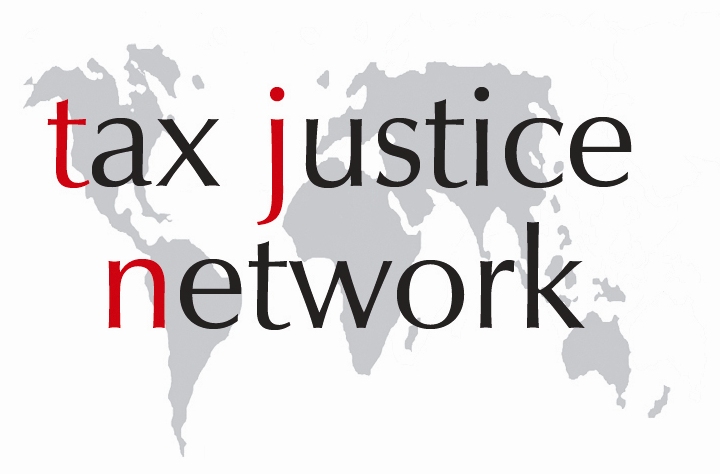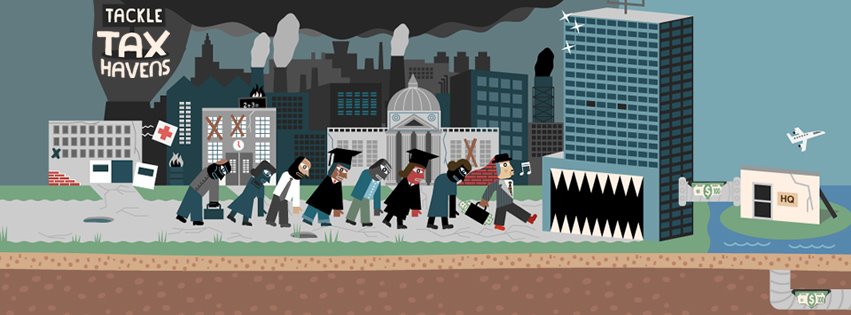Women & Banking: India’s financial inclusion suffers from a gender gap
Indian women score disproportionately low on ordinary functions such as savings and borrowings: of more than three-fourths who have a bank account, less than a fifth (16.7%) save formally, i.e., at banks.
The World Bank recently published the results of its The 2017 Global Findex database, the third in the series from 2011. Findex surveys provide valuable information on financial inclusion and behaviours across countries. For India, the acceleration in account ownership (Jan Dhan Yojana) has already been highlighted, as has the extremely low utilisation: 80% Indian adults now have a bank account—27 points higher than the 53% estimated in Findex 2014 round, which showed 17 points addition to the 2011measure (35%). The fast progress is accompanied by higher inactivity as 48% of accounts saw no deposits or withdrawals in 2017, compared to 44% in 2014. This gap in access and usage is even more telling for females, where evidence indicates inclusion policies providing entry to formal finance fail to bridge gender inequalities, for which specific, broader intervention efforts are needed….
Abundant global evidence about low female presence in formal financial markets has spurred international efforts for improvement, acquiring developmental focus at various forums. Financial inclusion of women was specifically integrated into the G20’s global development agenda (2012) and features in its action plan to achieve its commitment to reduce the gender workforce participation gap by 25% by 2025 (25 by 25); it figures indirectly in gender equality and female empowerment goals of the UN’s Sustainable Development Goals; while the World Bank and IMF have actively gathered evidence and promoted research to help formulate appropriate policies in recent years…. financialexpress.com


